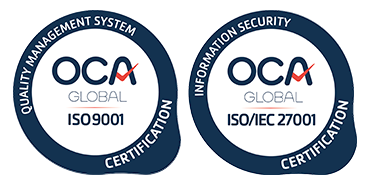The agreement signed by the European Patent Office (EPO) and Georgia comes into force on 15 January 2024. This agreement will mean that European patents, once granted, may be validated in the Eurasian country. It will thus become the fifth “validation state”, a list that to date consisted of Morocco, Cambodia, the Republic of Moldova and Tunisia.
Taking into account that there are 39 signatory states of the European Patent Convention (EPC) and that Bosnia and Herzegovina is an “extension state”, the system allows legal protection for inventions to be obtained in a total of 45 states by submitting a single application and passing a single examination process.
European Patent Convention Coverage
| EPC signatory states | 27 EU countries + 12 Non-EU countries | 39 |
| Validation states | Morocco, Cambodia, Moldova, Tunisia and Georgia | 5 |
| Extension State | Bosnia y Herzegovina | 1 |
| TOTAL | 45 |
In addition, Georgia has been one of the signatory states of the Patent Cooperation Treaty (PCT) since 1991, which means that, in addition to being able to enter the national phase from the PCT application, validation of the European patent can be requested to obtain patent protection in this country.
Taking this context into account, this article summarises some of the key aspects that should be taken into account when making the decision on whether or not to designate Georgia as a validation state in a European patent application.
Economy and innovation in Georgia
Georgia is located in southwest Asia, on the east coast of the Black Sea and south of the Caucasus mountain range. Georgia borders Armenia, Azerbaijan, Russia and Turkey.
The country has a population of close to four million inhabitants. According to its GDP volume, it is the 112th economy in the world and the per capita income in 2022 was €6,237.
However, the analysis of its level of innovation places this Eurasian state in 65th place out of the 132 economies included in the Global Innovation Index 2023, which is prepared by the World Intellectual Property Office (WIPO).
International Trade Relations
These credentials may not be particularly striking, but when making a decision on validation in this country, it should also be taken into account that in December 2023 the European Council showed its willingness to grant Georgia status as a candidate country for accession to the EU.
Outside the EU, it is worth mentioning that Georgia also has trade agreements with the European Free Trade Association (EFTA), China and Turkey, among others, which in addition to its strategic geographical position, makes it an enclave with interesting commercial potential.

When will it be possible to validate a European patent in Georgia?
European patent applications, both direct and Euro-PCT that are filed after 15th January 2024 can be validated in Georgia once granted. In the case of the Euro-PCTs, the date will be the date of the international application.
However, in order to be able to validate once it has been granted, the Eurasian country must have been previously designated and the corresponding designation fee must have been paid in due time:
- Direct European patent application: there is a maximum period of six months from the publication of the application to pay the fee; that is, in total it would be approximately 24 months after the filing of the priority patent application.
- Euro-PCT patent application: in this case, the fee is paid upon entry into the regional phase, at the same time that the patent application is filed before the EPO, that is, in the 31st month from the filing of the priority application.
If Georgia is not designated within the indicated period, as is the case with the rest of the validation countries, the European route cannot subsequently be followed in order to validate the patent there.
How much does it cost to validate a European patent in Georgia?
In addition to the fees of the qualified agent who is responsible for carrying out the appropriate procedures at the different stages, there are several essential costs that must be taken into account:
- Designation fees
- Validation fees
- Translation
Designation fee
The EPO and the Georgian National Intellectual Property Centre (Sakpatenti) have agreed to set Georgia’s designation fee at EUR 200.
The amount is similar to that established for the rest of the validation states:
Regardless of whether it is a direct European application or Euro-PCT, this cost must be added to the fee that must necessarily be paid that covers the block designation of all the signatory states of the European Patent Convention (EPC) (which currently amounts to €660) and, in the case where Bosnia and Herzegovina is to be designated, an extra fee (€102) must also be added.
This fee is to be paid to the EPO.
Validation fee
The validation fee, however, is to be paid to the Georgian National Intellectual Property Centre (Sakpatenti) after the EPO has granted the patent. You can consult the Sakpatenti fees here.
Translation of the European patent into Georgian
To validate the patent, most countries that are part of the European patent system require the translation of the claims or the complete patent application into the official language of that specific country.
The latter is the case of Spain, but also of other States whose official languages do not include English, French or German (official languages of the EPO). Georgia now joins them, requiring the Georgian translation of the patent specification, including the abstract, claims, description and, if included, the figures, diagrams or drawings, within a period of three months after the date of publication of the mention of the grant of the European Patent.
Designate and validate a patent in Georgia? Or not?
When making a decision about whether or not to validate a European patent in Georgia, it is the applicants and owners of these patents who best know their area of activity; asking questions about where production is based, their market and the location of their competition will be, without a doubt, be the best clues to finding an answer.
Now, taking into account the current framework of the patent system, if there are doubts about the future of the project or what the development of the business will be, there is a third option: postponing the decision.
As we have seen, in order to validate the European patent once it has been granted, it is essential to have originally designated the validation country or countries (in this case Georgia) and to have paid the corresponding designation fee within the indicated period. However, even if designations have been made, validating the patent in this country or countries is not mandatory. That is, the initial payment of the €200 fee to designate Georgia does not require the completion of the validation procedures, including the translation, when, years later, the European patent is granted. Those €200 can be interpreted as a reservation of the right to validate the European patent in Georgia when the future grant is awarded.
Therefore, once the patent has been granted and in view of the situation, if the owner changes their mind, they are not obliged to continue with the procedure and validate it in Georgia. Of course, if it is clear from the beginning that protection in that territory is not of interest, it is not necessary to pay the designation fee; but, when in doubt, it is a good safety net.
She is Spanish Patent and Trademark Agent since 2007. She also obtained the European Patent Administrator Certificate (EPAC), granted by the EPO, in 2023.








